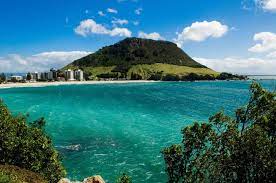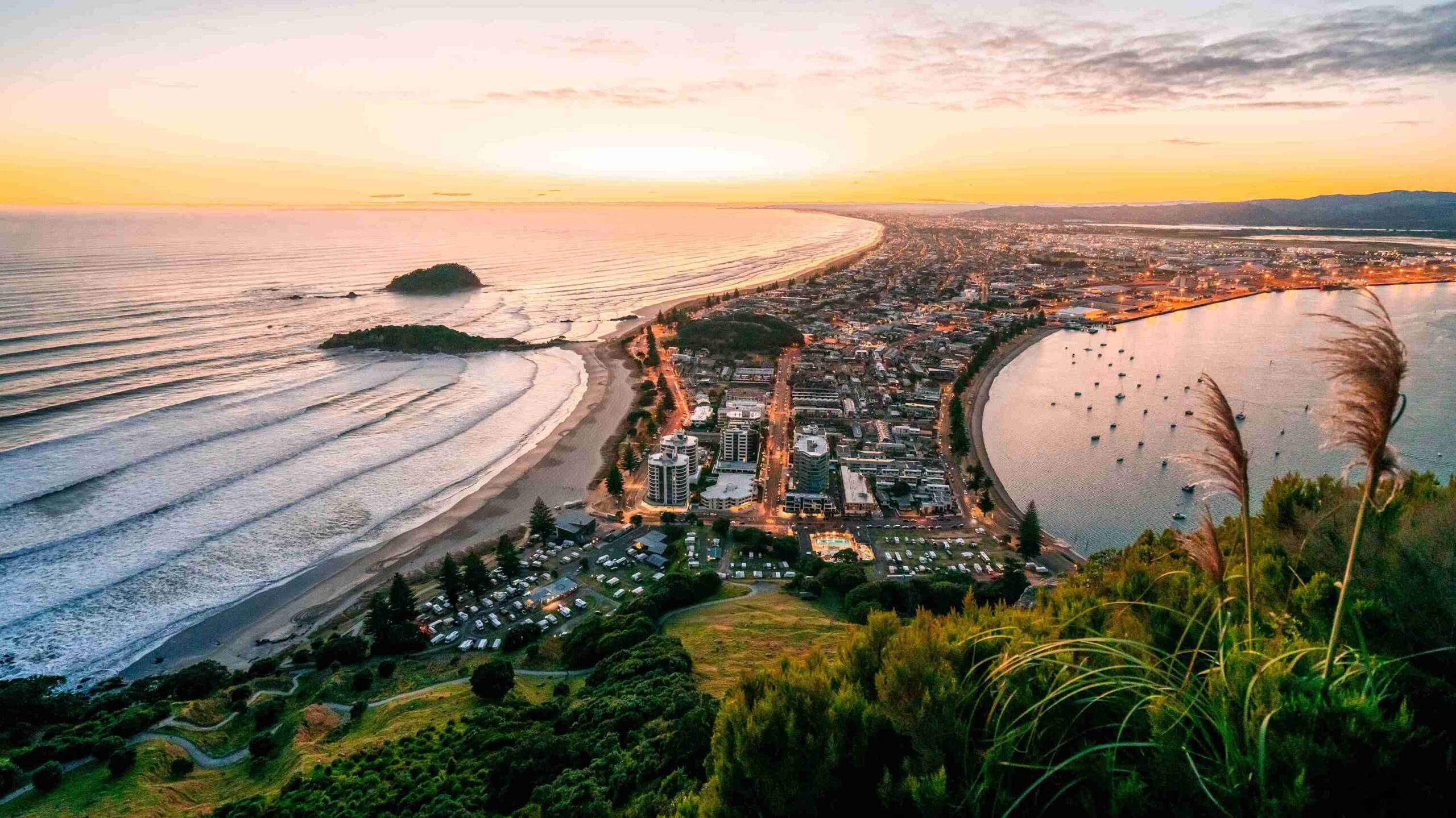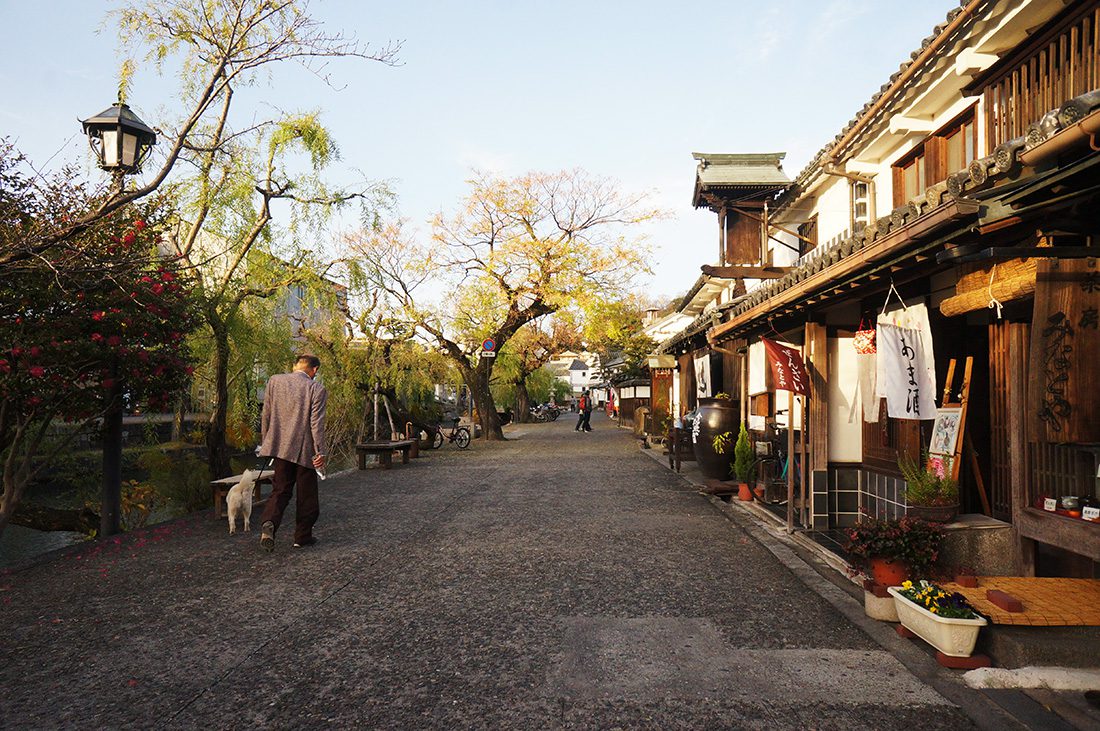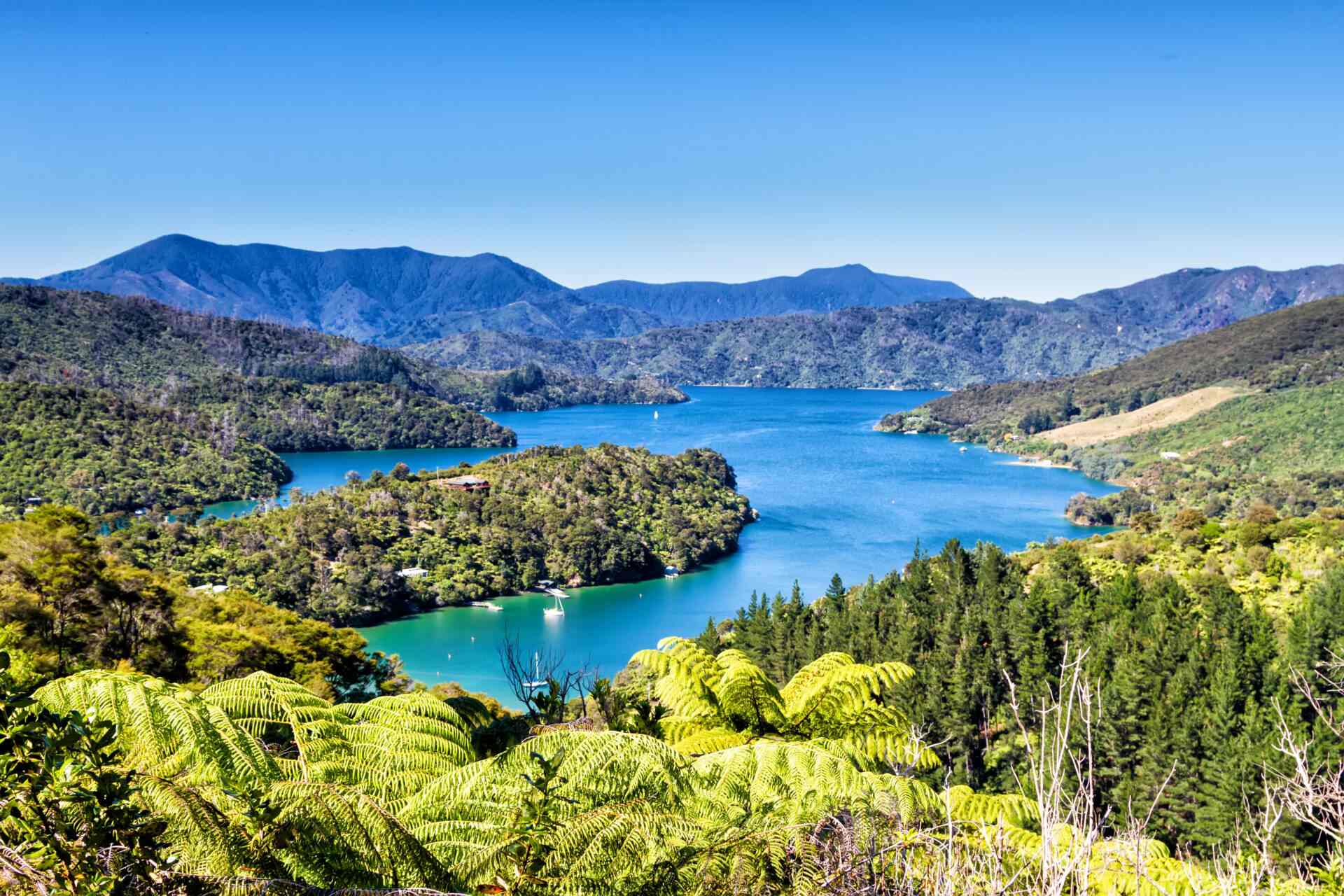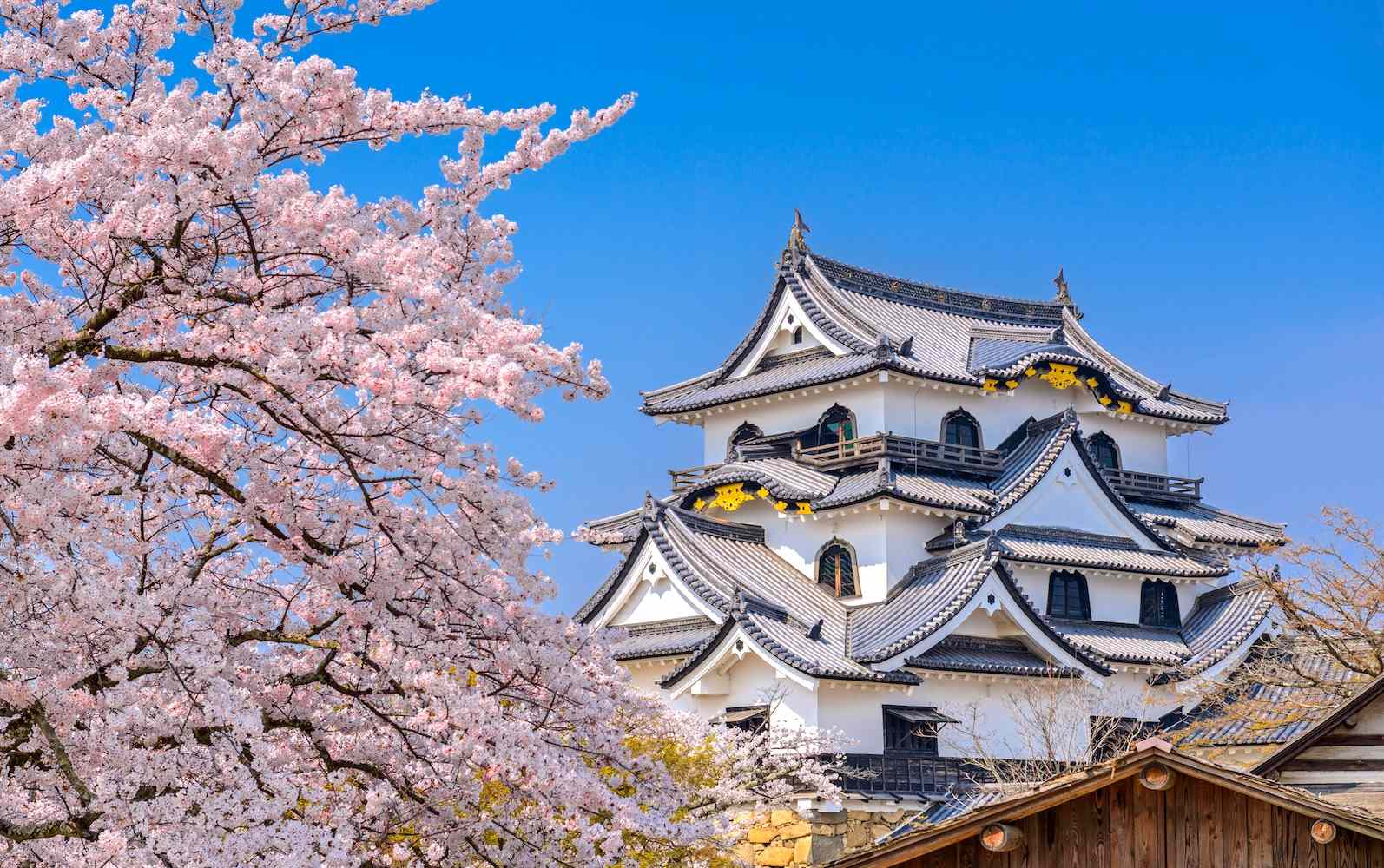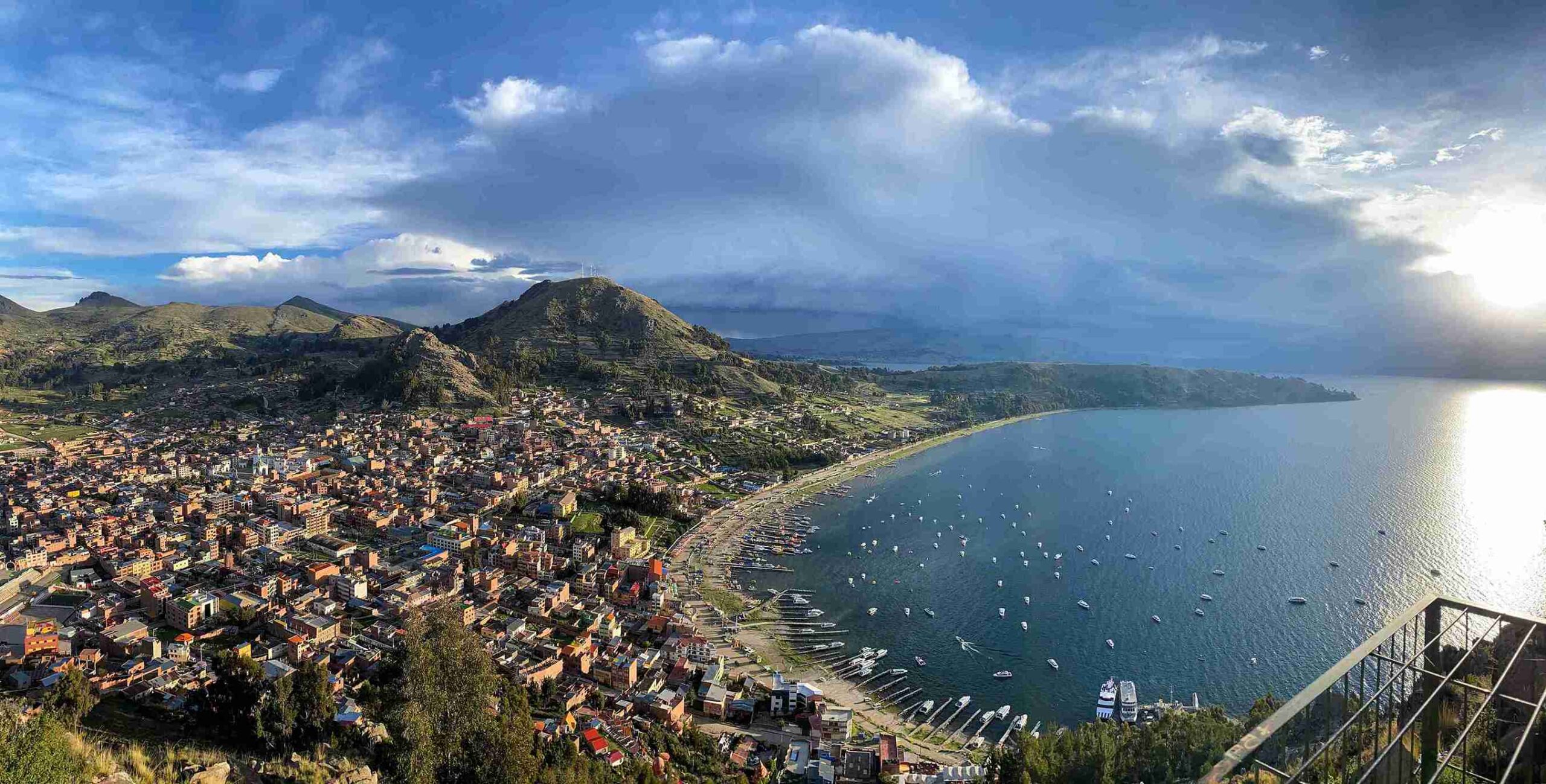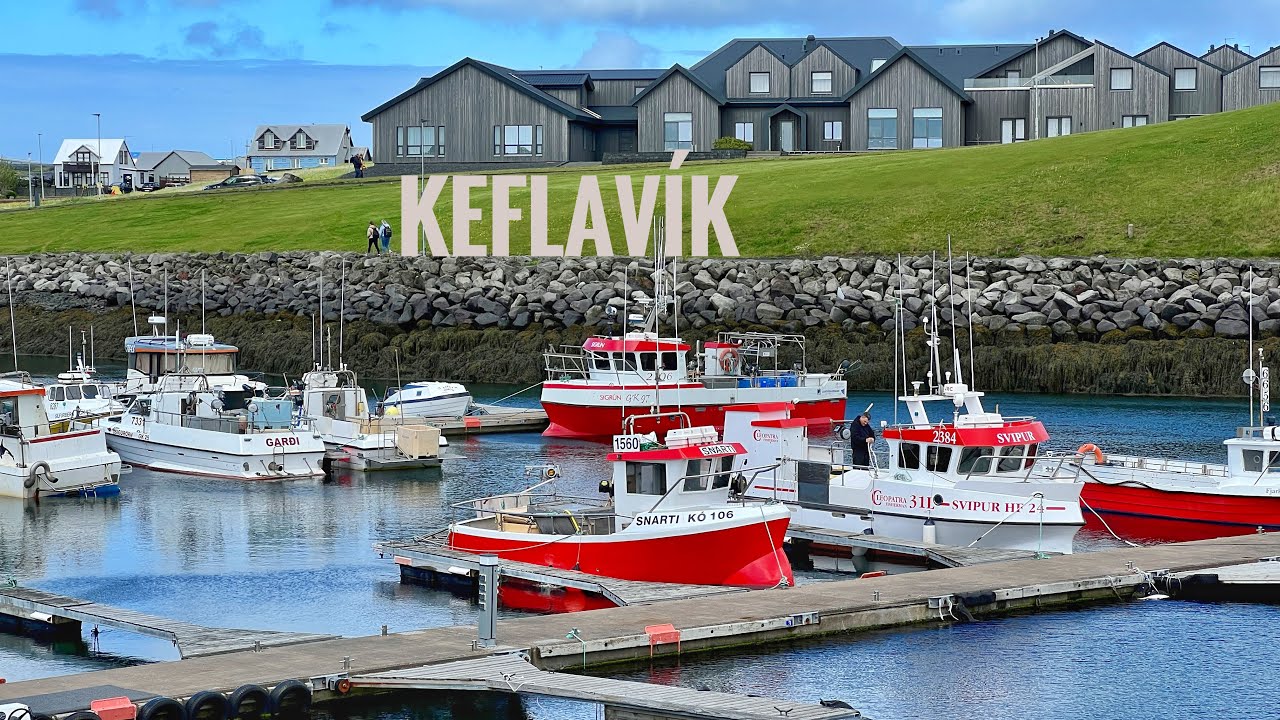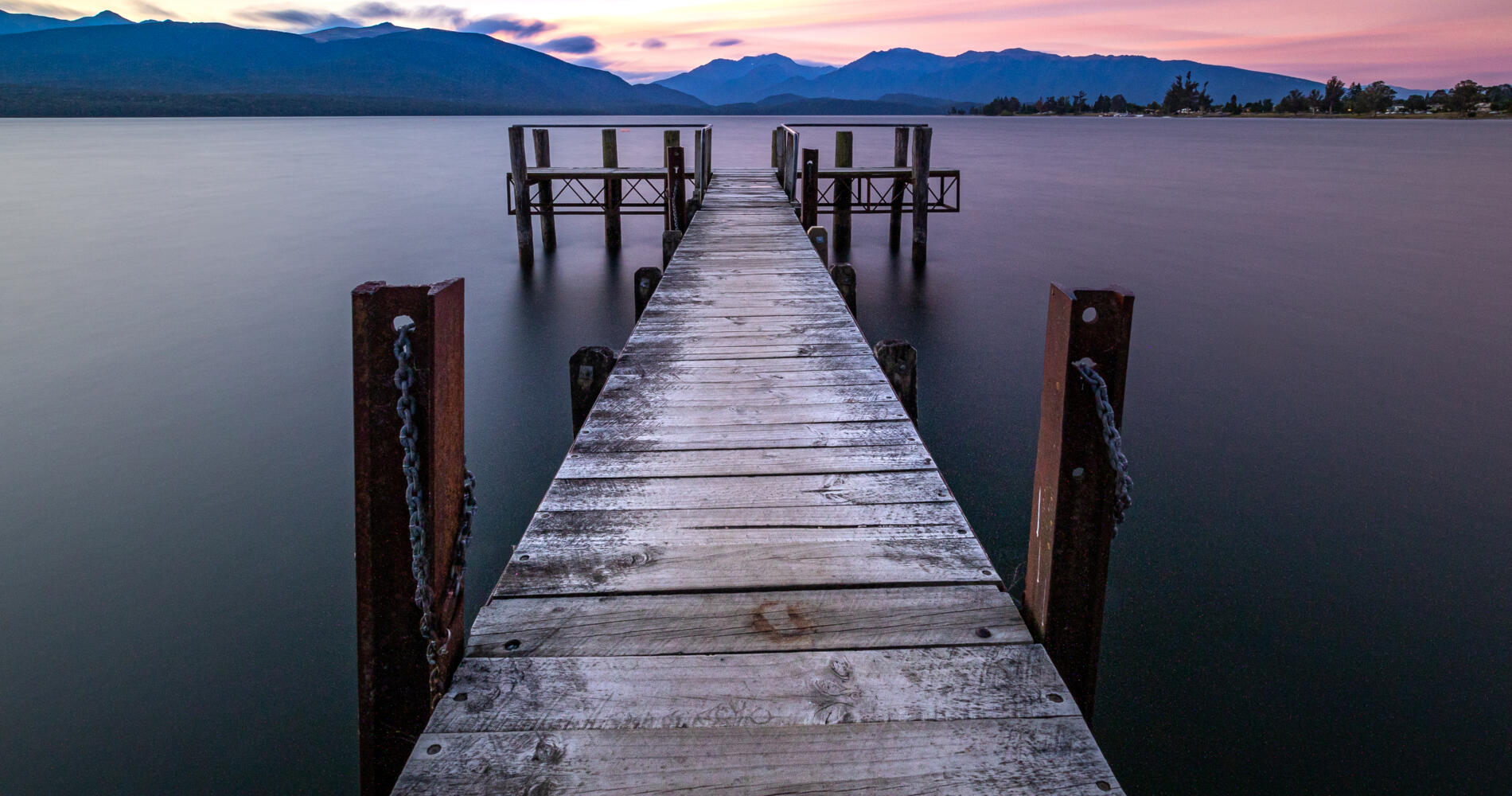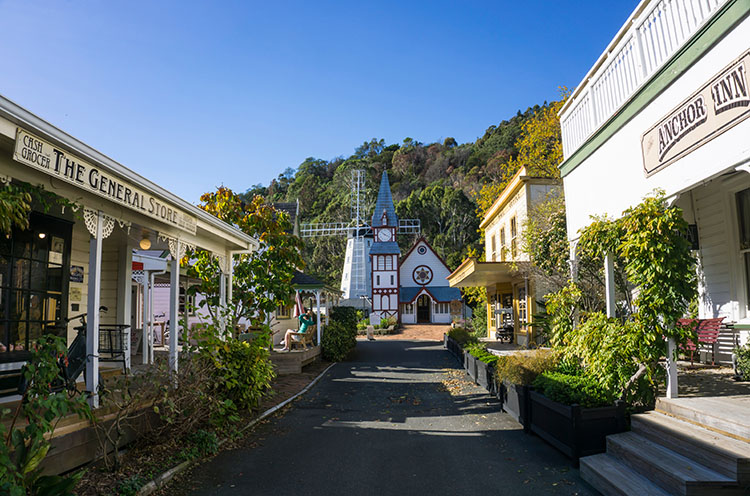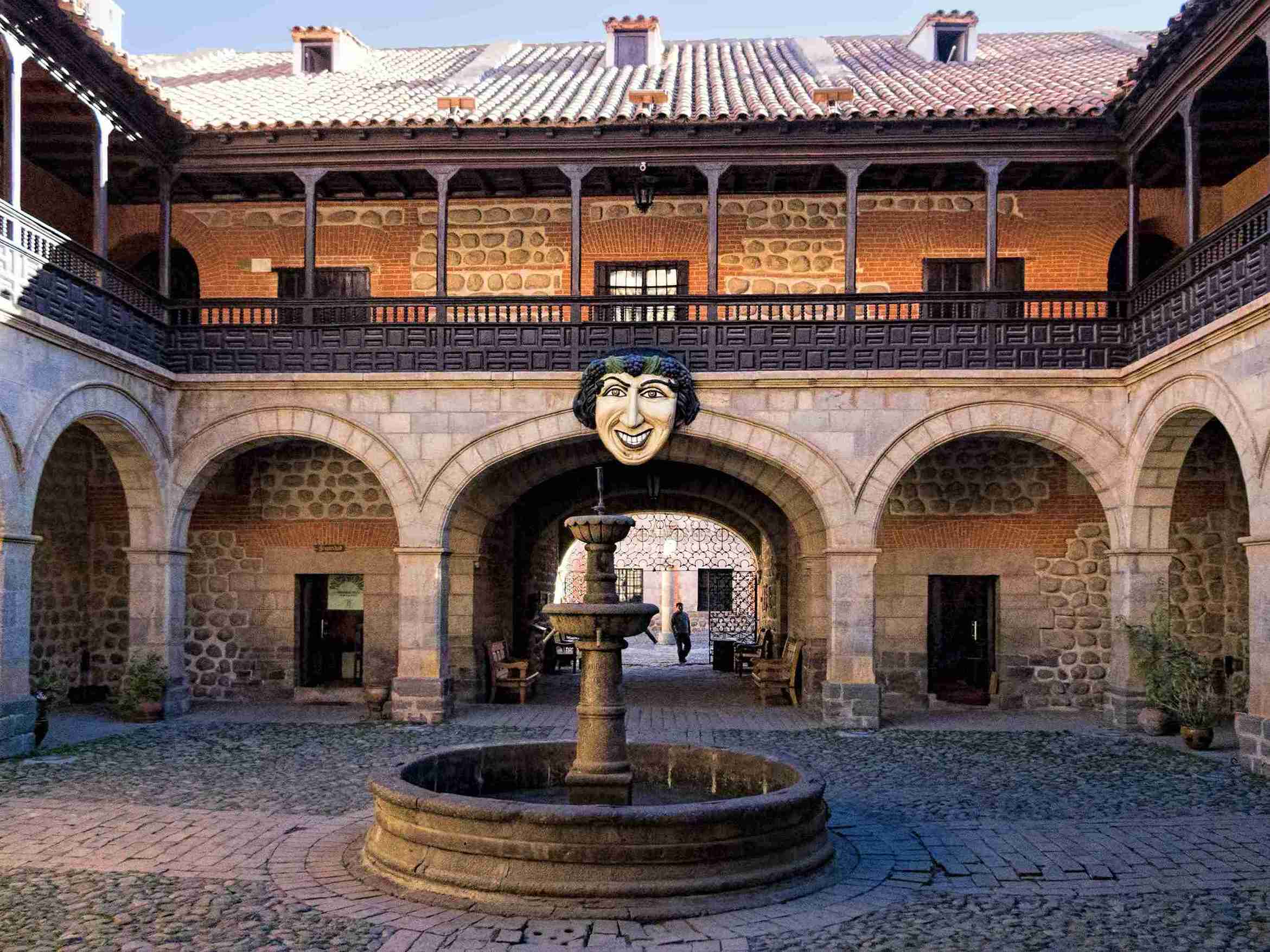Ramallah, Palestine – Travel Tips
Category
Categories
Popular Articles
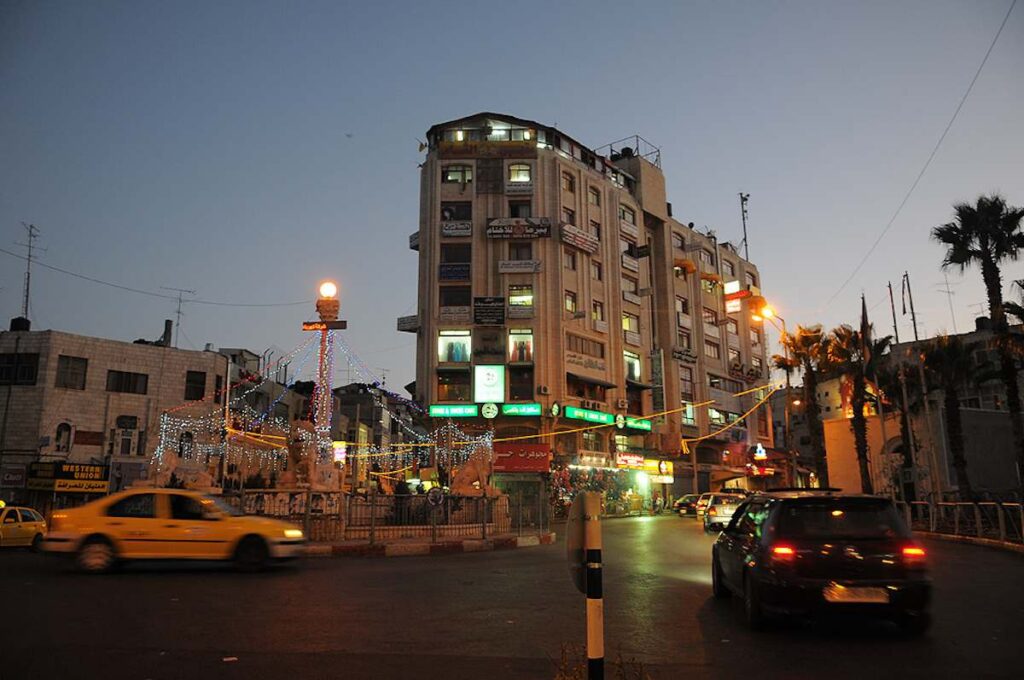
**Overview of the Destination**
Ramallah, located in the West Bank, is considered one of the culturally rich and vibrant cities of Palestine. Known as “The Bride of The Summer” due to its mild summers attracting many tourists, Ramallah is famed for its pleasant climate, historical monuments, and vibrant arts scene. Far from typical tourist traps, Ramallah offers visitors a taste of authentic Palestinian culture, making it a unique destination worth exploring.
**Best Time to Visit**
The best time to visit Ramallah is during the spring (April – June) when the weather is mild and the city is blooming with flowers. Alternatively, you can visit during the Olive Harvest Festival in October, an important cultural event in Palestine. As an off-season bonus, winter visits (December – February) offer fewer crowds and cheaper accommodations, though the weather can be quite chilly.
**Climate & What to Pack**
Ramallah has a Mediterranean climate with hot, dry summers and rainy, mild winters. Packing should correspond to the season of the visit. For spring and fall, light clothing with a heavy sweater or jacket for cool evenings is advisable. Summer requires light, breathable attire, while winter demands rainproof clothing and warm layers. Don’t forget good walking shoes to explore the city, and remember to dress modestly respecting the local customs, especially when visiting religious sites.
**Getting There**
The nearest major airport is Ben Gurion Airport in Tel Aviv. From there, taxi, private buses or shared vans are available to Ramallah. Crossing the border between Israel and the West Bank can be complex, and visa requirements in Palestine depend on your nationality. Make sure to research and prepare in advance.
**Getting Around Locally**
Within Ramallah, public buses and taxis are the main modes of transport. The city is also very pedestrian-friendly. If you want the freedom to explore at your own pace, car or scooter rental is an option, albeit traffic and parking in the city can be challenging. English is widely spoken, making navigation much easier.
**Safety Tips**
Overall, Ramallah is considered safe for tourists. Yet, like any destination, it’s wise to exercise common sense: avoid isolated areas at night, keep an eye on your belongings, and be aware of your surroundings. Also, pay attention to the local culture and respect Palestinian traditions to avoid misunderstandings.
**Top Things to Do & See**
Must-see attractions in Ramallah include the Arafat Museum, Dar Zahran Heritage Building, and the Mahmoud Darwish Museum. The city also has an impressive art scene with several art galleries, theatres, and cultural centers. For a unique Palestinian experience, participate in a traditional Dabke dance session, or take a Palestinian cooking class.
**Where to Stay**
For luxury accommodations, the Movenpick Ramallah hotel is a standout. Mid-range options include the Royal Court Boutique Hotel and Hotel Area D. Budget travelers can opt for Hostel in Ramallah. Most visitors prefer staying in the city center due to proximity to the main attractions.
**Food & Local Cuisine**
Enjoy the taste of Palestinian cuisine in Ramallah. Some local specialties include Maqluba (upside-down rice dish), Musakhan (baked chicken with onions and sumac), and Zalabia (Middle Eastern funnel cake). Cafes like Rukab’s Ice Cream and Zeit ou Zaatar offer these flavors and more. Always remember to finish the meal with a cup of Arabic coffee.
**Cultural & Practical Tips**
The official currency is the Israeli Shekel, although US dollars are commonly accepted. Locals predominantly speak Arabic but English is also widely used. Tipping about 10% is a common practice. The standard voltage is 230 V, and the standard sockets are type H or C. Free Wi-Fi is broadly available in cafes, restaurants, and hotels.
**Sustainable or Responsible Travel Tips**
Responsible travel is possible in Ramallah. Support local businesses by shopping at local markets. Respect cultural norms and values, especially when visiting religious sites. Try to reduce your waste, reuse hotel towels, and opt for restaurants that use locally sourced produce.
**Personal Travel Tip**
Visiting Ramallah is a unique experience, not just for the sights but for the warmth of the Palestinian people. Open yourself up to conversations with locals, accept their hospitality, and immerse yourself in the culture. This engagement will undoubtedly enhance your travel experience.

